Assalamu Alaikum friends
Bean vegetables, commonly referred to as legumes, are an essential part of human diets worldwide. They belong to the Fabaceae family and come in various shapes, sizes, and colors. These vegetables are rich in essential nutrients, including proteins, fiber, vitamins, and minerals, making them a staple food in many cultures. Apart from their nutritional benefits, bean vegetables are also valuable in sustainable agriculture due to their nitrogen-fixing properties.
In this article, we will explore different types of bean vegetables, their nutritional value, health benefits, culinary uses, and their role in agriculture.
Types of Bean Vegetables
There are many types of bean vegetables cultivated around the world. Some of the most common ones include:
Green Beans
Green beans are one of the most popular types of bean vegetables. They are harvested while still young and tender, making them a perfect addition to salads, stir-fries, and soups. These beans have a crisp texture and a slightly sweet taste.
Broad Beans
Broad beans are large, flat beans that are usually eaten fresh or dried. They have a creamy texture and a nutty flavor. Fava beans are commonly used in Mediterranean, Middle Eastern, and Asian cuisines.
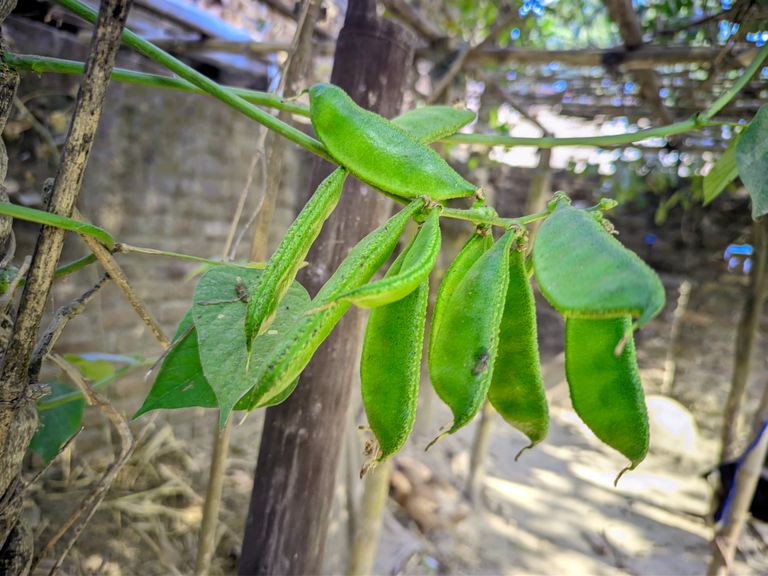

Kidney Beans
Kidney beans are named for their shape, which resembles a human kidney. They are available in red, white, and speckled varieties. These beans are commonly used in dishes like chili, soups, and salads due to their rich flavor and high protein content.
Black Beans
Black beans are small, black-colored beans with a slightly sweet taste. They are a staple in Latin American and Caribbean cuisines. These beans are often used in rice dishes, soups, and burritos.
Lima Beans
Lima beans are large, flat beans with a creamy texture. They are commonly used in stews, casseroles, and succotash. These beans are rich in fiber and protein, making them a nutritious choice.
Chickpeas
Chickpeas are round, beige-colored beans commonly used in Middle Eastern and Indian cuisines. They are the main ingredient in hummus and falafel. Chickpeas are rich in protein and fiber, making them a great plant-based protein source.
Soybeans
Soybeans are one of the most versatile legumes, used to produce products like tofu, soy milk, and soy sauce. They are a rich source of complete protein, making them essential for vegetarian and vegan diets.


Mung Beans
Mung beans are small, green beans commonly used in Asian cuisine. They can be eaten whole, sprouted, or ground into flour for making noodles and desserts.
Peas
Peas are another type of legume that is widely consumed. Green peas are commonly used in soups, rice dishes, and vegetable curries. Snow peas and sugar snap peas are often used in stir-fries and salads.
Nutritional Value of Bean Vegetables
Bean vegetables are considered a powerhouse of nutrition. They contain a wide range of essential nutrients that promote good health.
Protein
Beans are an excellent source of plant-based protein, making them a great alternative to meat for vegetarians and vegans.
Fiber
Beans are rich in dietary fiber, which aids digestion, prevents constipation, and helps in weight management.
Vitamins and Minerals
Beans contain essential vitamins and minerals, including:
Vitamin C – Supports the immune system and skin health.
Vitamin K – Important for blood clotting and bone health.
Iron – Helps in the production of red blood cells and prevents anemia.
Magnesium – Supports muscle and nerve function.
Potassium – Helps regulate blood pressure.
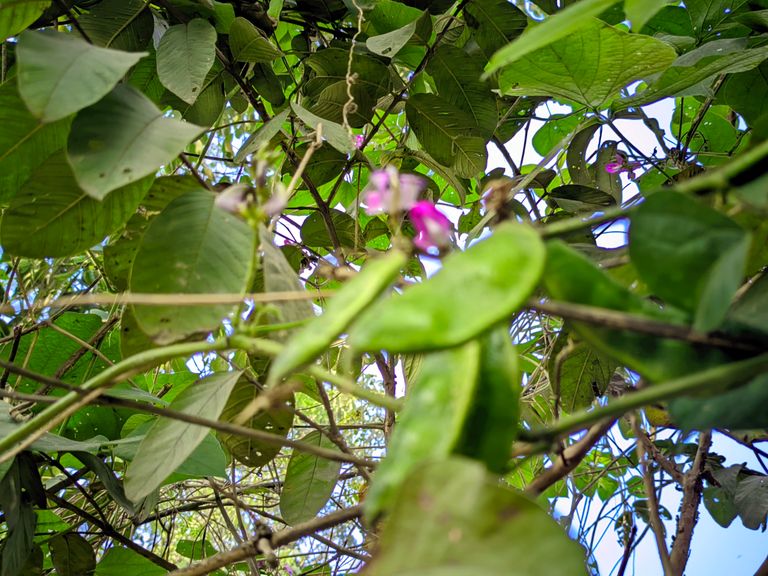

Antioxidants
Some beans, like black beans and kidney beans, contain high levels of antioxidants that help protect the body against free radical damage.
Health Benefits of Bean Vegetables
Supports Heart Health
Beans are low in fat and high in fiber, which helps lower cholesterol levels. Regular consumption of beans can reduce the risk of heart disease.
Aids in Digestion
The high fiber content in beans promotes healthy digestion and prevents constipation.
Helps in Weight Management
Beans are low in calories but high in protein and fiber, which helps keep you full for longer and reduces unnecessary snacking.
Regulates Blood Sugar Levels
Beans have a low glycemic index, making them a good choice for people with diabetes. They help stabilize blood sugar levels and prevent sudden spikes.
Strengthens Bones
Beans contain calcium, magnesium, and vitamin K, which are essential for maintaining strong and healthy bones.
Improves Brain Function
The presence of B vitamins, iron, and antioxidants in beans helps improve brain function and cognitive abilities.

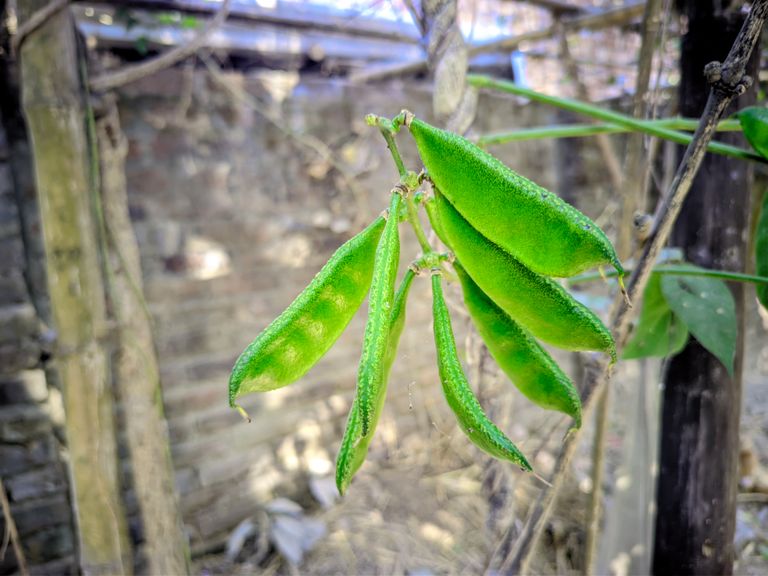
Culinary Uses of Bean Vegetables
Bean vegetables are used in a variety of dishes worldwide. They can be cooked, steamed, stir-fried, boiled, or even eaten raw in salads.
Popular Dishes Made with Beans:
Green Bean Casserole – A popular dish made with green beans, cream sauce, and fried onions.
Chili con Carne – A spicy stew made with kidney beans, tomatoes, and ground meat.
Dal – A staple Indian dish made with lentils or split peas, flavored with spices.
Hummus – A creamy dip made from chickpeas, tahini, lemon, and garlic.
Black Bean Soup – A hearty and nutritious soup made with black beans.
Soy Milk and Tofu – Products made from soybeans, widely used in vegan and vegetarian diets.
Bean Vegetables and Sustainable Agriculture
Bean vegetables play a significant role in sustainable agriculture. They have the unique ability to fix nitrogen in the soil, improving soil fertility and reducing the need for chemical fertilizers. This makes them an eco-friendly crop that supports sustainable farming practices.
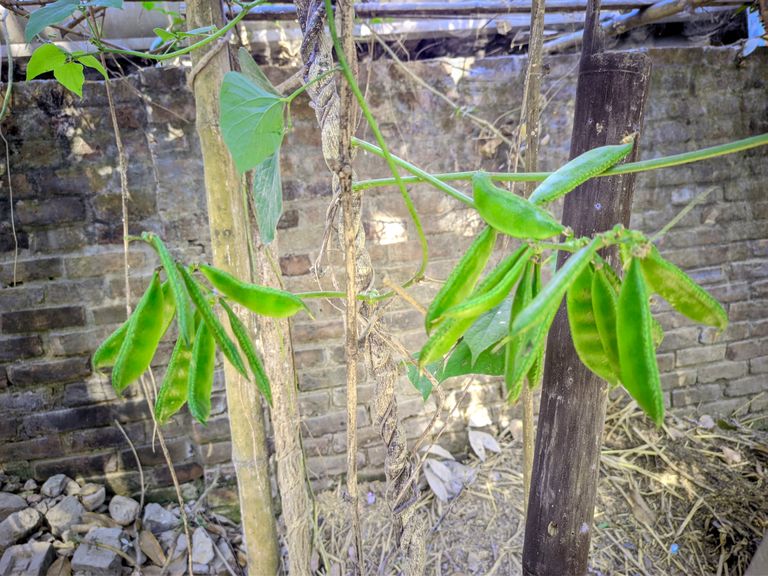

Benefits of Growing Beans in Agriculture:
Improves Soil Health – Beans enrich the soil with nitrogen, benefiting other crops grown in rotation.
Requires Less Water – Many bean crops are drought-resistant and require less water compared to other crops.
Reduces Greenhouse Gas Emissions – Beans produce fewer greenhouse gases than animal-based protein sources.
Supports Biodiversity – Growing a variety of beans helps maintain a diverse and resilient ecosystem.
Bean vegetables are a nutritious, versatile, and environmentally friendly food source. They provide essential nutrients, promote good health, and support sustainable farming practices. Whether consumed as fresh vegetables, dried beans, or processed products like tofu and soy milk, beans remain an important part of diets worldwide.
Including a variety of bean vegetables in your diet can offer numerous health benefits while also contributing to a more sustainable planet. So, next time you plan your meals, consider adding some delicious and healthy bean vegetables to your plate!


Beans, also known as legumes, are a versatile and nutritious group of vegetables widely consumed across the globe. Some common types include green beans, kidney beans, black beans, and chickpeas. Beans are rich in protein, fiber, vitamins, and minerals, making them an essential part of a balanced diet. They help improve digestion, support heart health, and regulate blood sugar levels. Beans are also a great plant-based protein source, making them an ideal choice for vegetarians and vegans. Additionally, beans can be used in a variety of dishes, such as soups, salads, stews, and curries. They also play a crucial role in sustainable agriculture due to their ability to fix nitrogen in the soil, which improves soil fertility. Overall, beans are a healthy and eco-friendly food that provides numerous health benefits.

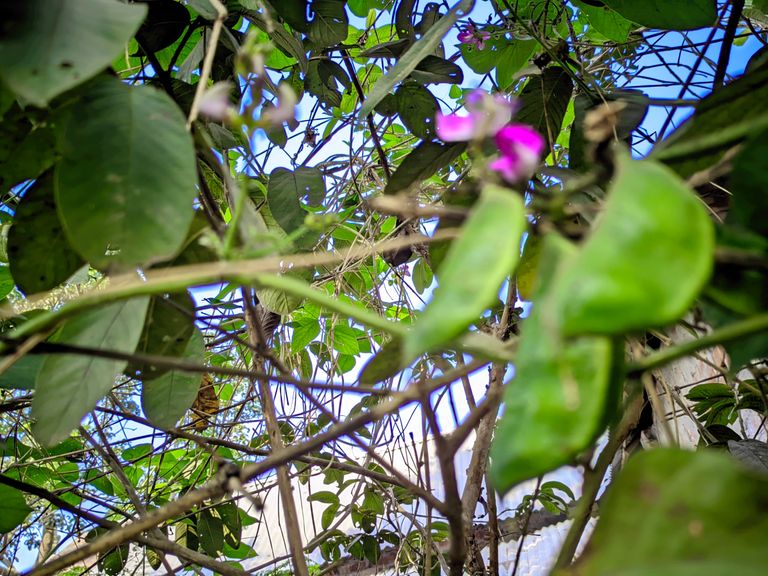
Ending here today..........
❤️ Thanks for visiting my blog.
I hope you like this blog.
If you like the blog, let me know through the comment.
See you again in the next blog.
Stay healthy, be careful and follow me.
And Subscribe my YouTube Channel
https://youtube.com/@littlerafi-h6l?si=tyZIp4JJPDkbTQtL
Thanks for your information nice blog.
Your well come, its my pleasure